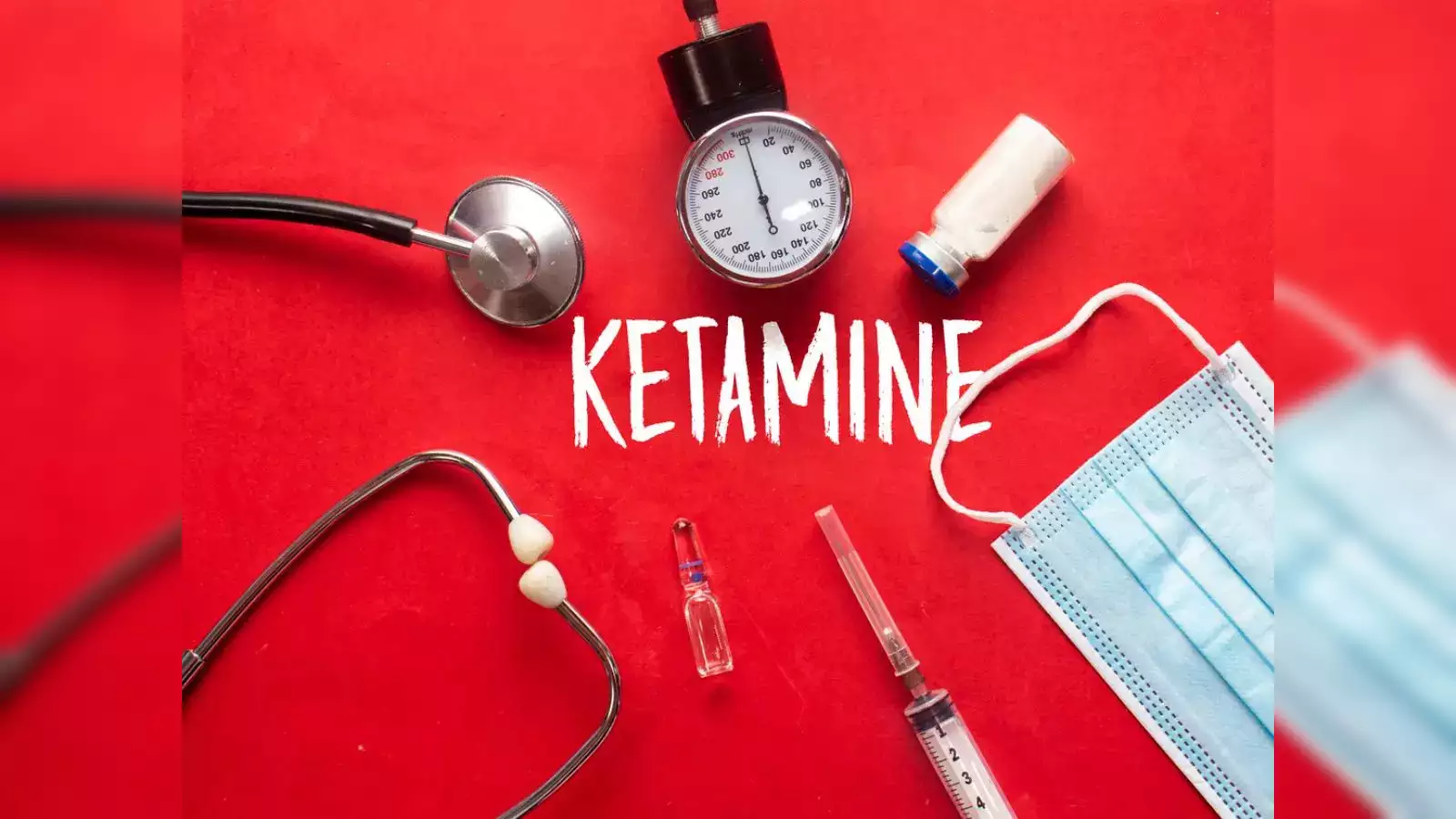Top 10 Things to Know About Ketamine
Welcome to our blog post on the top 10 things you need to know about ketamine. In this article, we will guide you through the safety, benefits, research, and various aspects of ketamine treatment. Whether you are considering ketamine therapy or simply curious about this innovative approach, we aim to provide you with the information you need to make an informed decision. Let’s dive in!
1. Safety First
Ketamine has been used as an anesthetic in medical settings for decades, which speaks to its safety profile. When administered by trained professionals in controlled settings, ketamine therapy is considered safe. However, it is essential to undergo treatment under the supervision of a qualified healthcare provider to ensure your well-being throughout the process.
2. Therapeutic Benefits
Ketamine has shown promising results in the treatment of various mental health conditions, including depression, anxiety, PTSD, and addiction. Research suggests that ketamine can provide rapid relief from symptoms, often when other treatments have been ineffective. It is important to note that ketamine therapy should be used as part of a comprehensive treatment plan, which may include therapy and lifestyle changes.
3. Extensive Research
Ketamine has been the subject of extensive research, with numerous studies highlighting its effectiveness in treating mental health disorders. The scientific community continues to explore the potential benefits of ketamine, and ongoing research aims to uncover its mechanisms of action and optimize treatment protocols. Stay tuned for exciting developments in this field!
4. Ketamine and Psychotherapy
Ketamine therapy is often combined with psychotherapy to enhance its therapeutic effects. The altered state of consciousness induced by ketamine can facilitate deeper introspection and exploration of underlying emotions and experiences. This integration of ketamine with psychotherapy allows for a more holistic approach to healing and personal growth.
5. Different Doses for Different Effects
Depending on the intended purpose, ketamine can be administered at different doses. Psycholytic doses are lower and used for therapeutic purposes, while psychedelic doses are higher and may induce more intense experiences. The dosage and administration will be determined by your healthcare provider based on your specific needs and treatment goals.
6. Potential Experiences
During ketamine therapy, individuals may have a range of experiences. These can include feelings of relaxation, introspection, and emotional release. Some individuals may also have visual or auditory hallucinations. It is important to remember that these experiences are temporary and part of the therapeutic process. Your healthcare provider will guide you through each session to ensure your comfort and safety.
7. Individualized Treatment
Ketamine therapy is highly individualized, with treatment plans tailored to each person’s unique needs. Your healthcare provider will conduct a thorough assessment to determine the most appropriate dosage, frequency, and duration of treatment. Regular check-ins and open communication with your provider are vital to optimize your treatment outcomes.
8. Potential Side Effects
Like any medical intervention, ketamine therapy can have potential side effects. These can include temporary increases in blood pressure and heart rate, dizziness, nausea, and dissociation. However, these side effects are typically mild and transient. It is crucial to discuss any concerns or questions with your healthcare provider before starting ketamine therapy.
9. Integration and Aftercare
After completing a ketamine therapy session, integration and aftercare are essential for maximizing the benefits of the experience. This may involve discussing and processing the insights gained during the session with your therapist, implementing self-care practices, and maintaining regular follow-up appointments. Your healthcare provider will guide you through this integration process to support your continued growth and well-being.
10. Holistic Approach to Healing
Ketamine therapy is part of a holistic approach to healing that encompasses various aspects of well-being. In addition to the therapeutic benefits of ketamine, lifestyle changes, such as exercise, healthy eating, and stress management, can further enhance your mental health. Embracing a comprehensive approach to healing can lead to long-lasting positive changes in your life.
We hope this article has provided you with valuable insights into the world of ketamine therapy. Remember, if you are considering ketamine treatment, consult with a qualified healthcare provider who can guide you through the process and address any concerns you may have. Here’s to your well-being and a brighter future!

